Our team
Calla Health Foundation is a Duke University spin off company that seeks to commercialize and successfully bring to market intellectual property developed at Duke University and, more specifically, the Center for Global Women’s Health Technologies (GWHT). We see development of products from concept through to clinical use and, ultimately, market entry.
Located within the Chesterfield Building of downtown Durham, NC, Calla Health employs four employees who collectively lead product manufacturing, automated algorithms and software, and generate evidence through clinical implementation. Our core competencies include optical imaging system design, rapid prototyping, machine learning diagnostic algorithms, software development, mechanical and electrical engineering, clinical study design, and regulatory clearance.
Calla Health Foundation is a Duke University spin off company that seeks to commercialize and successfully bring to market intellectual property developed at Duke University and, more specifically, the Center for Global Women’s Health Technologies (GWHT). We see development of products from concept through to clinical use and, ultimately, market entry.
Located within the Chesterfield Building of downtown Durham, NC, Calla Health employs four employees who collectively lead product manufacturing, automated algorithms and software, and generate evidence through clinical implementation.
Read more about our mission >>Meet our Team
Contact us >>Our Advisors

Industrial Design
3rd Stone Design



Industrial Design
Blur Product Development



Sales and Distribution
Onco Prev Internacional



Industrial Design
3rd Stone Design



Industrial Design
Blur Product Development



Sales and Distribution
Onco Prev Internacional


Sales and Distribution
Cure Medical


Business Advisors
Karthik Gopalakrishnan PhD Ken Gall PhD Krishna Udayakuma MD MBA


Clinical Advisors
John Schmitt MD Groesbeck Parham MD Jose Jeronimo MD Patty Garcia MD Roopa Hariprasad MD Ravi Mehrotra MD Neerja Bhatla MD Jayashree Natarajan MD
Backed by:
















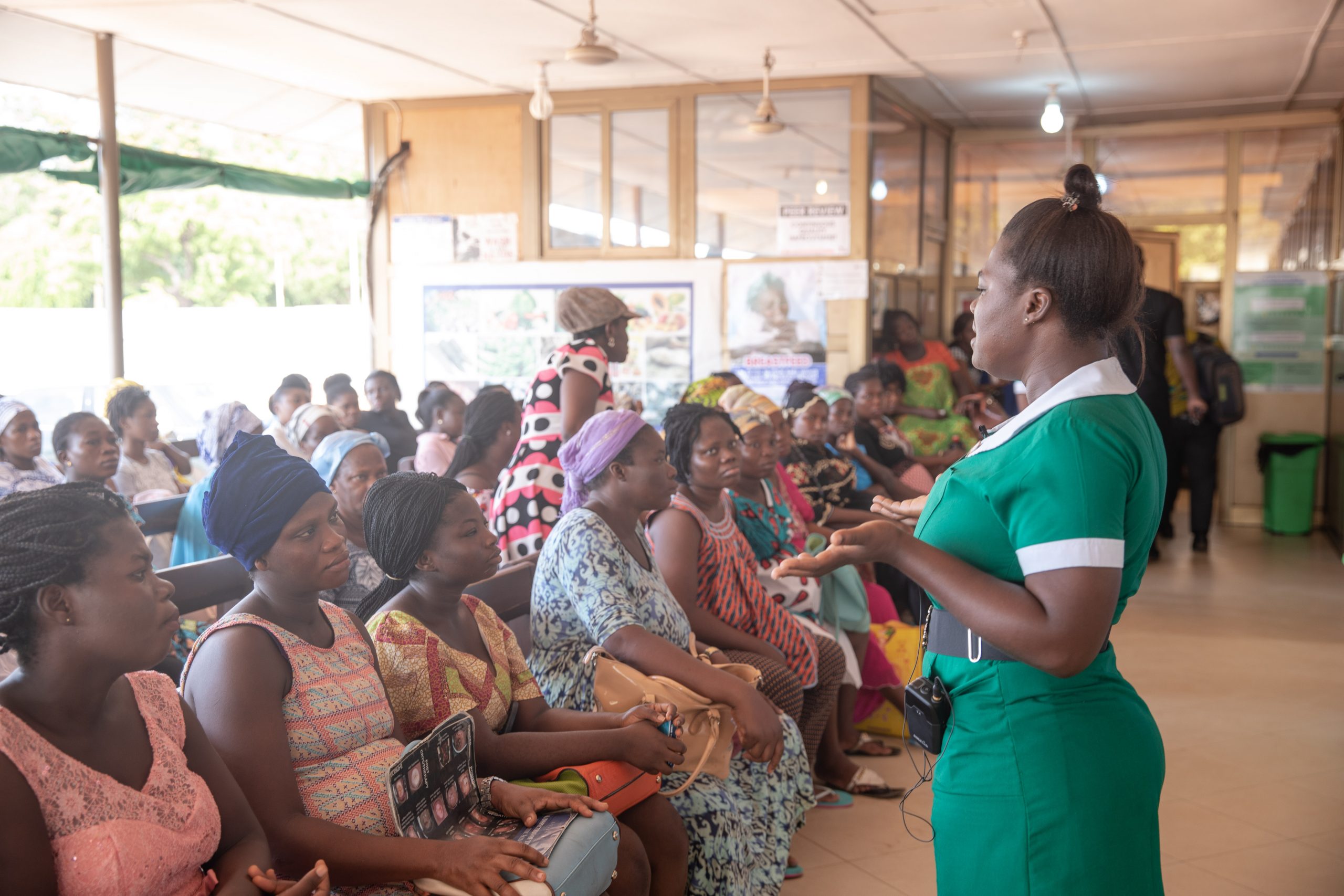

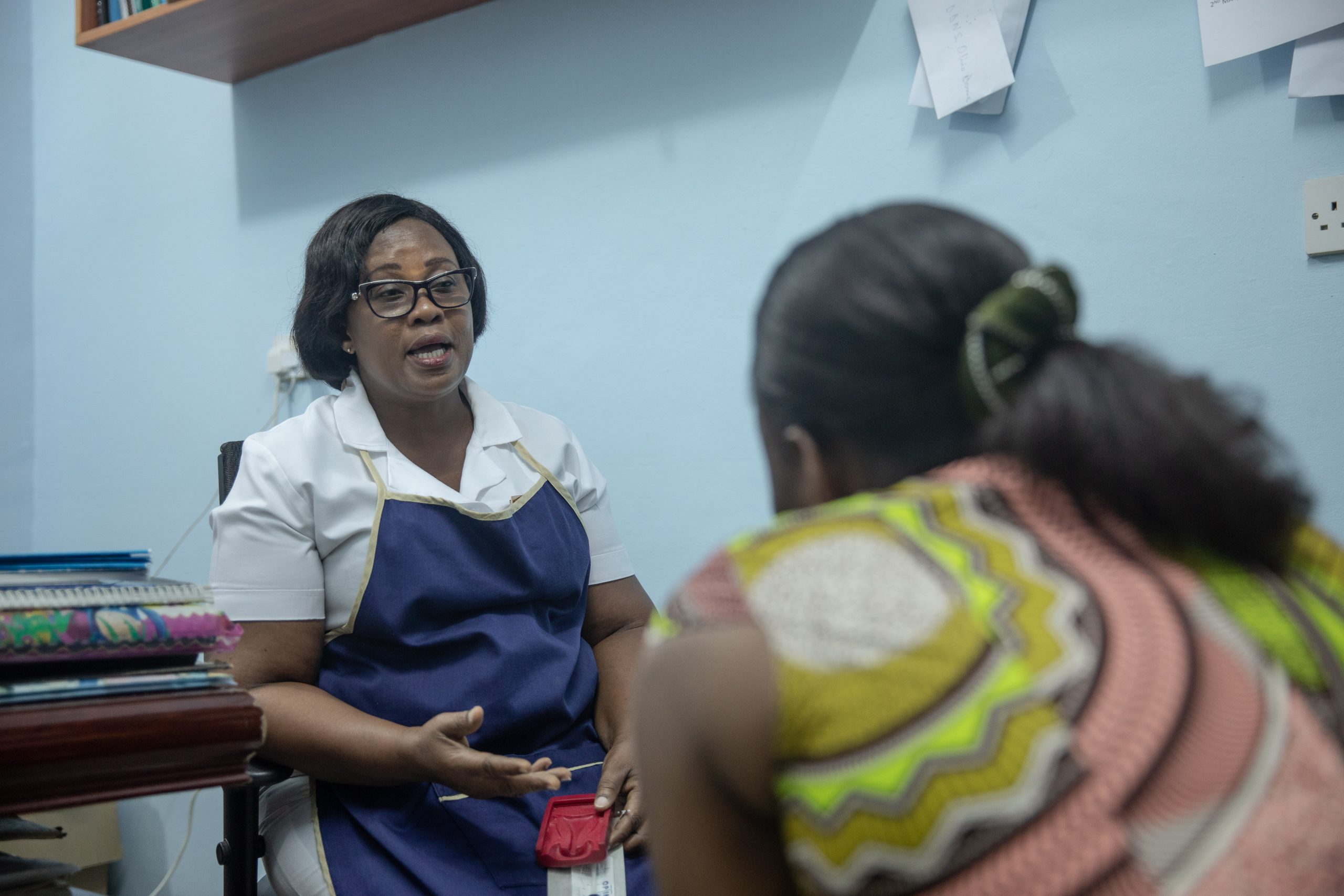

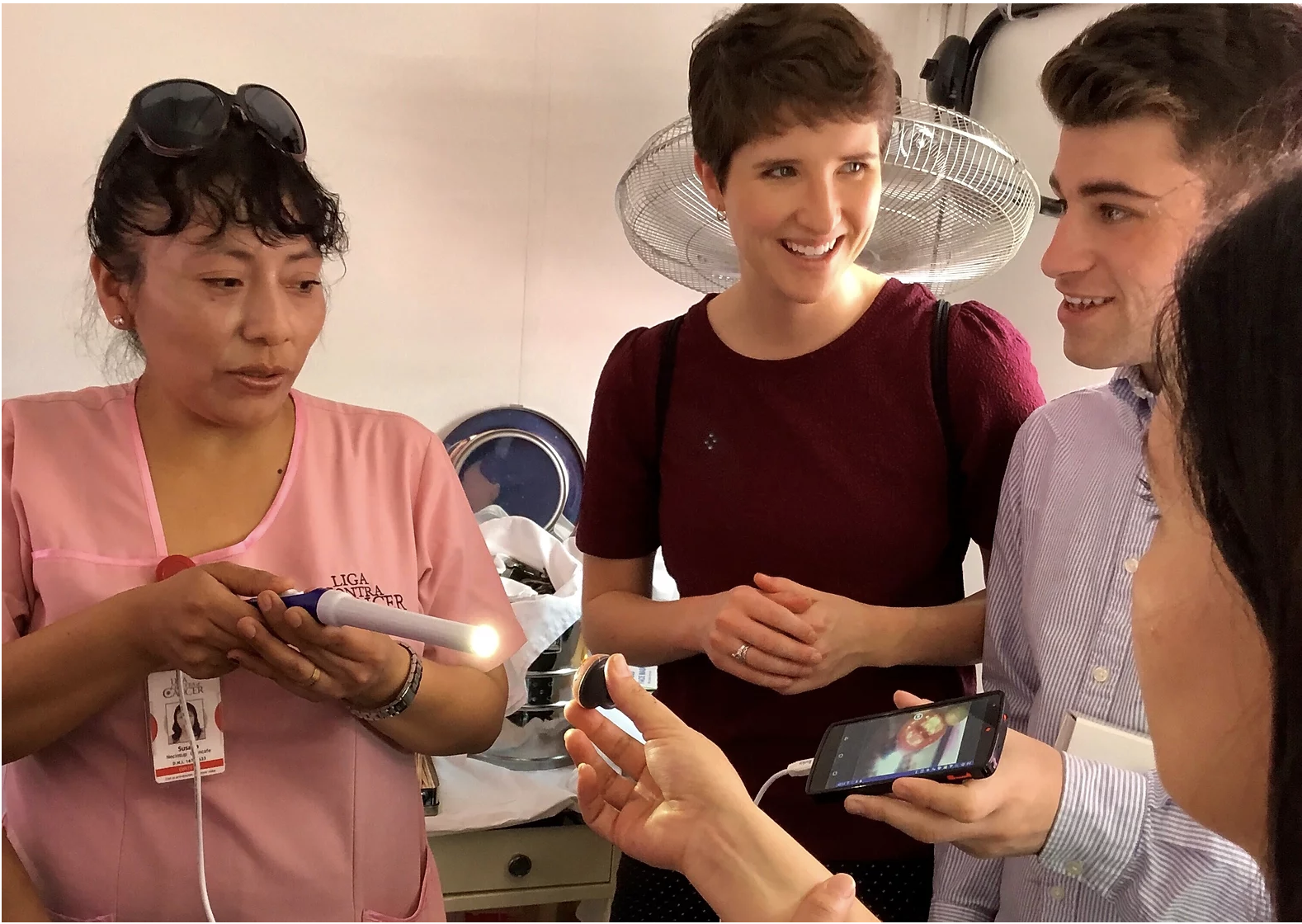

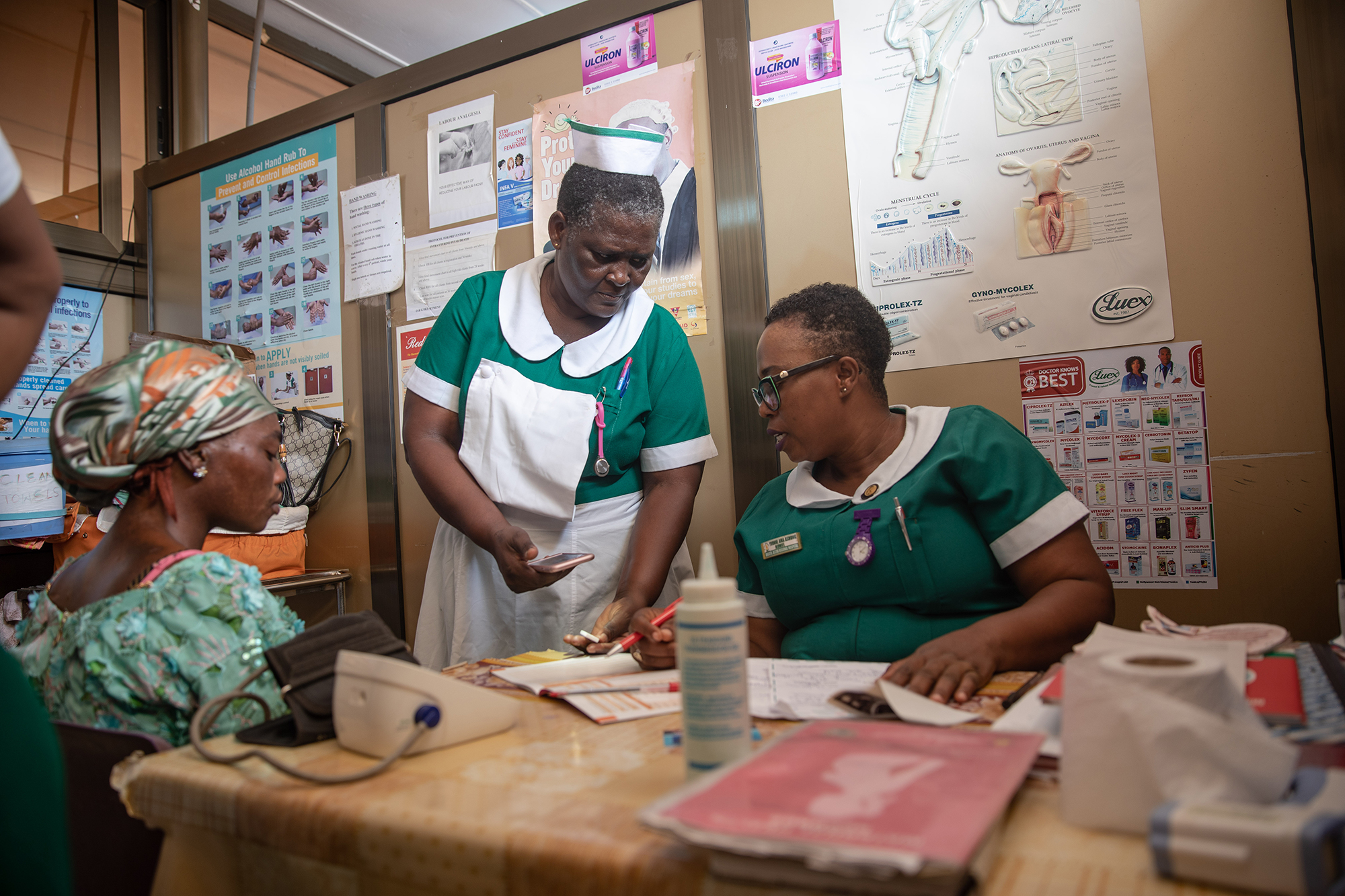

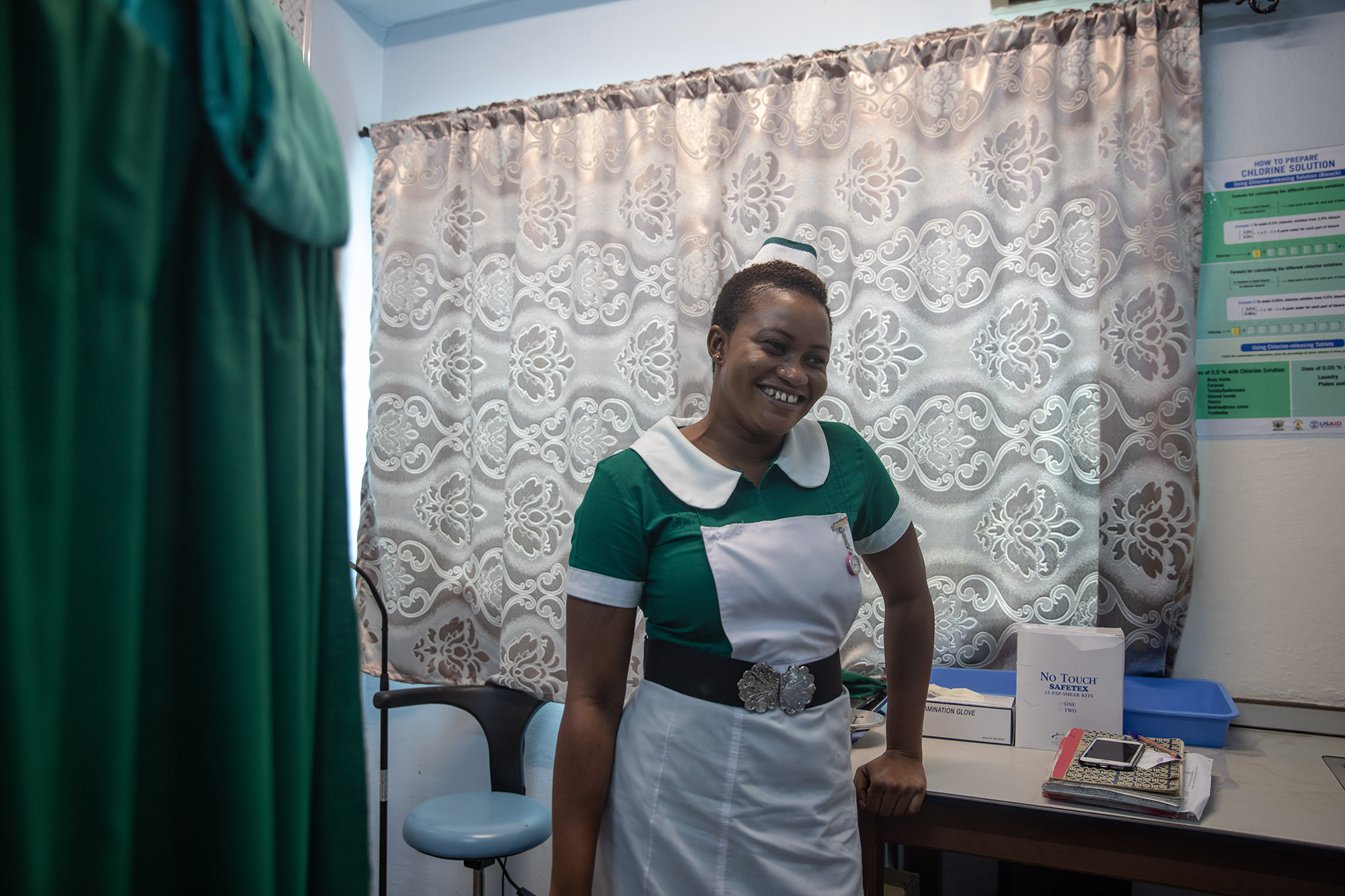



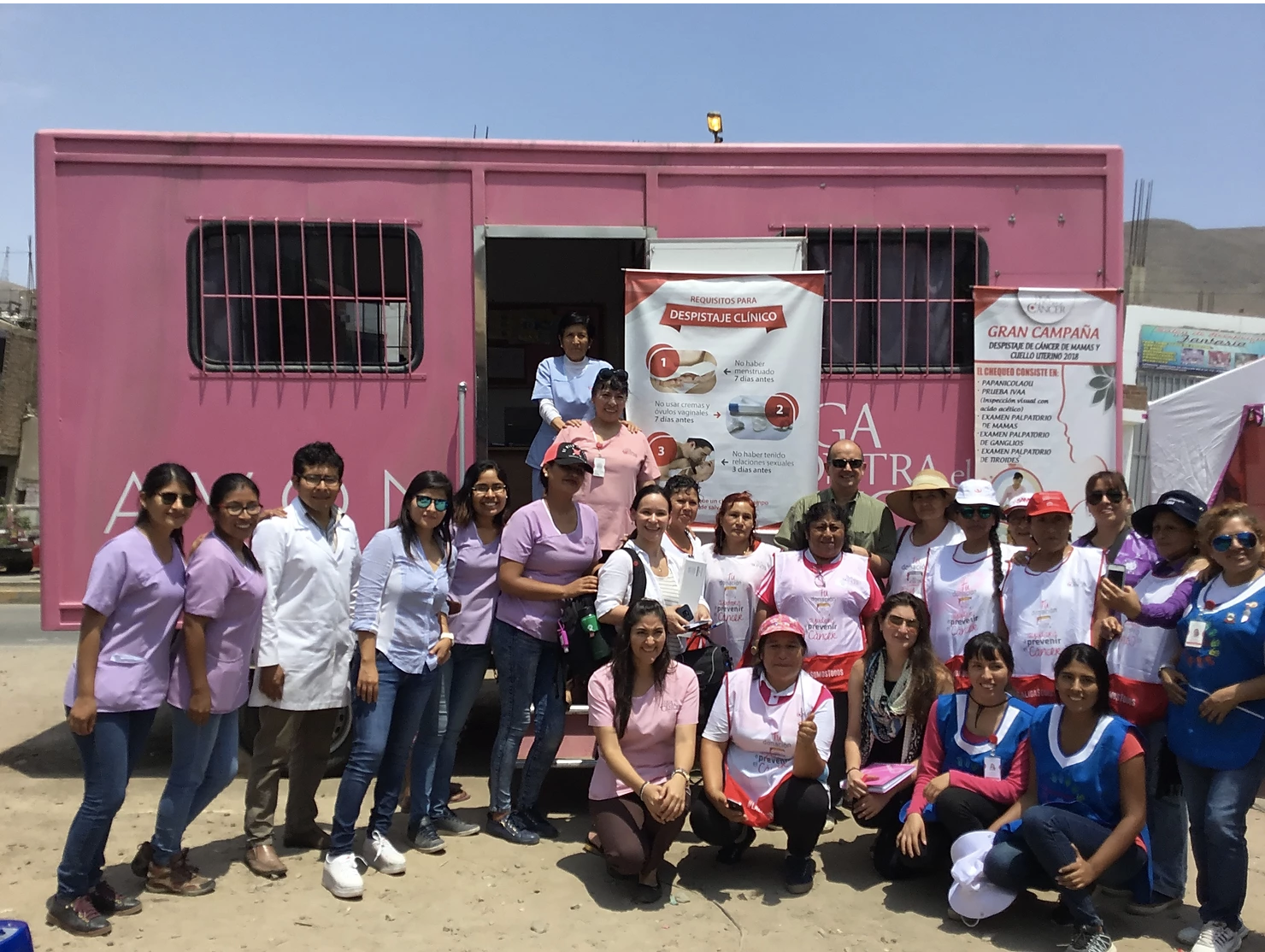

We've conducted clinical investigations in over 8 countries across 4 continents. Our latest product launch, The Pocket Colposcope, received FDA clearance in September 2018.
 Us store
Us store







